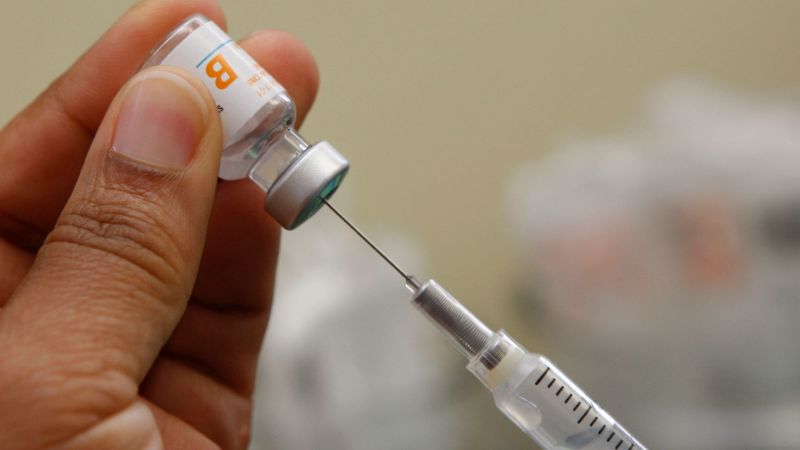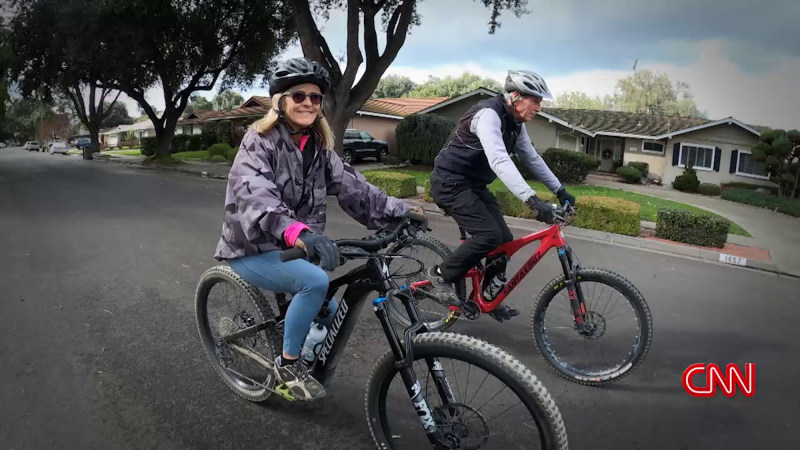
Federal Vaccine Advisory Panel Considers Delaying Hepatitis B Vaccine for Newborns
Opinion | 9/16/2025
A federal vaccine advisory panel, led by Health and Human Services Secretary Robert F. Kennedy Jr., is poised to suggest a significant change regarding the administration of the hepatitis B vaccine for newborns. The panel is anticipated to propose a revised schedule that would postpone the hepatitis B shot until the child reaches the age of four. This potential recommendation marks a departure from the current practice of administering the vaccine shortly after birth.
Former senior officials from the Centers for Disease Control and Prevention have indicated that the revised recommendation is likely to be put forward by the panel. The shift in vaccination timing, if adopted, could have implications for the standard immunization practices aimed at protecting infants against hepatitis B infection.
The proposed alteration in the hepatitis B vaccination schedule is part of the ongoing discussions within the federal vaccine advisory panel, which has recently undergone changes in its membership. The panel’s deliberations, now under the leadership of Robert F. Kennedy Jr., have drawn attention due to the potential impact of delaying the hepatitis B vaccine from newborns to four-year-olds.
While the exact reasons behind the expected recommendation have not been disclosed publicly, the forthcoming decision is anticipated to spark debates among healthcare professionals, policymakers, and parents. The potential shift in vaccination guidelines underscores the complex considerations involved in public health decisions, particularly regarding the timing and efficacy of immunization strategies.
As the federal vaccine advisory panel prepares to vote on the revised hepatitis B vaccination recommendation, stakeholders across the healthcare landscape are closely monitoring the developments. The outcome of this decision could shape future immunization policies and practices, influencing the approach to safeguarding newborns against hepatitis B infection in the United States.


